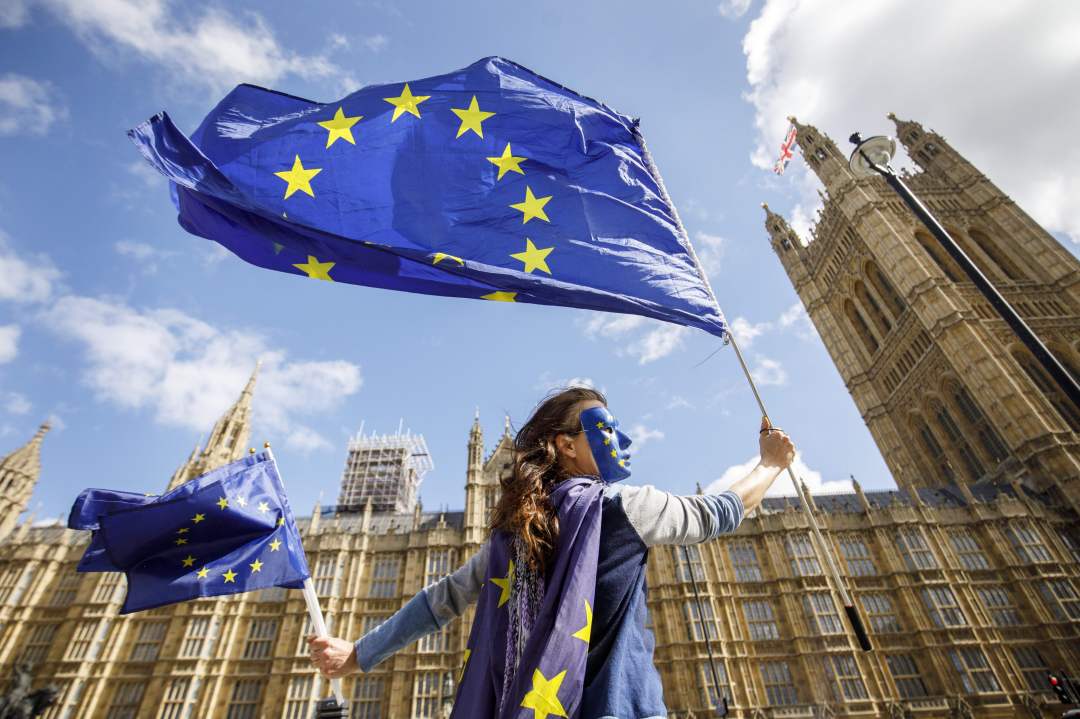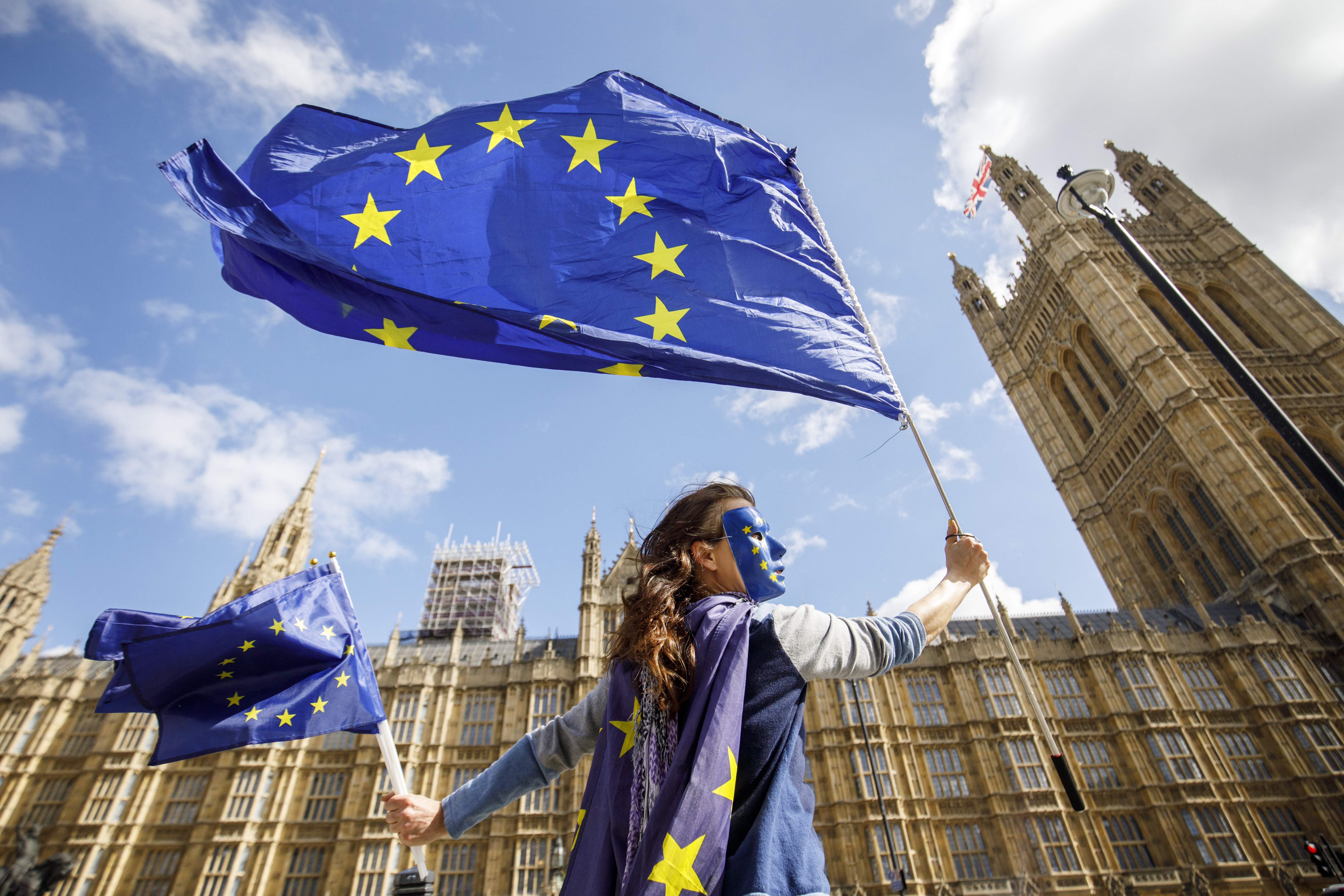Today marks five years since the United Kingdom voted to Leave the European Union. London, as we all know by now, voted the opposite way to the rest of England — by a margin of 60 to 40 per cent. Ever since then, the capital has been portrayed as remote and out of touch, culturally disconnected from the rest of the nation.
Brexit is often explained as the victory of the long-ignored Rest of England where the ‘real people’ live. In 2019, Dominic Cummings told reporters to ‘get out of London, go and talk to people who are not rich Remainers’. But is London really so different to the rest of the nation?
Let’s start with idea that those reporters would have to get out of town to meet poor Leave voters. London was home to more 2016 Leave voters (1.5 million) than East Midlands (1.48 million) or the North East of England (778,000). So if you want to meet someone who voted Leave in 2016, you would probably find them sooner wandering around the capital than you would driving around the North East.
Brexit is often explained as the victory of the long-ignored Rest of England where the ‘real people’ live
London certainly has some extremely affluent neighbourhoods (as does the North East, of course). However, poverty rates (and absolute numbers of those in poverty) are also higher in London than in the North East. Shamefully, the same is also true of child poverty. So your chances of encountering someone who is not rich are also higher in the capital.
That is not to say that there weren’t some clear geographical patterns to the 2016 referendum result. Look at any Brexit map and London and other major English cities stand out as Remain-voting islands in a sea of mostly Leave-voting England and Wales. London’s sheer size means that it is the only UK city to be treated as a ‘region’ in its own right and so a narrative has emerged that the capital was the only part of England to vote to Remain.
But this is what happens when you take a binary approach to analysing a binary question. As Phil Cowley and Robert Ford have observed, the results of the EU referendum rarely exceeded 60-40 per cent one way or the other (with the possible exception of Gibraltar). Forty per cent of Londoners voted to Leave. The London Borough of Havering recorded the twelfth highest Leave vote in the entire UK.
But the stereotyping of London as ‘Remain City’ is still quite common among those who experience the capital only through life in a small, insular elite bubble, living in one affluent London neighbourhood and working in another small corner of, perhaps, Westminster or Whitehall. These neighbourhoods do not reflect the reality of life for the vast majority across the capital. And yet it does appear to be having an impact on political discourse and by extension on policy making.
The current government was elected in 2019 with a result that reinforced the 2016 referendum map, with the sea of ‘Leave’ becoming a sea of Conservative voters, including in some longstanding traditionally Labour-voting areas in the North and Midlands. The ‘levelling up’ agenda builds on the notion that Brexit represented a cry of anguish from the forgotten parts of our country — the stereotyped ‘left behind’ towns of the ‘red wall’ being the most prominent example. It is now time, so this narrative goes, to shift emphasis away from the prosperous capital to the long-neglected parts of the country.
The Prime Minister has since assured us that he intends to ‘level up’ everywhere, a laudable but difficult aim. Economic growth is not a zero-sum game. There is no finite amount that must be shifted from one place to another. Affluent places do not have to suffer in order for others to thrive and the capital could undoubtedly benefit from less pressure on its squeezed housing market and congested streets.
But the Levelling Up Fund is only available to select places outside of London. There has been a great deal of controversy about the allocation of the Stronger Towns Fund — also not available to those living in the capital. The terms ‘metropolitan’ and ‘elite’ are used ever more so in tandem, portraying city dwellers as affluent and ignorant of the realities of daily life for those in the rest of the nation.
The Brexit transition period is now over. ‘Global Britain’ will need the UK’s only truly global city to thrive. And London needs the rest of the UK firing on all cylinders too. Perhaps it is now time to begin focusing on the things that we have in common, rather than pitting places against one another.







Comments